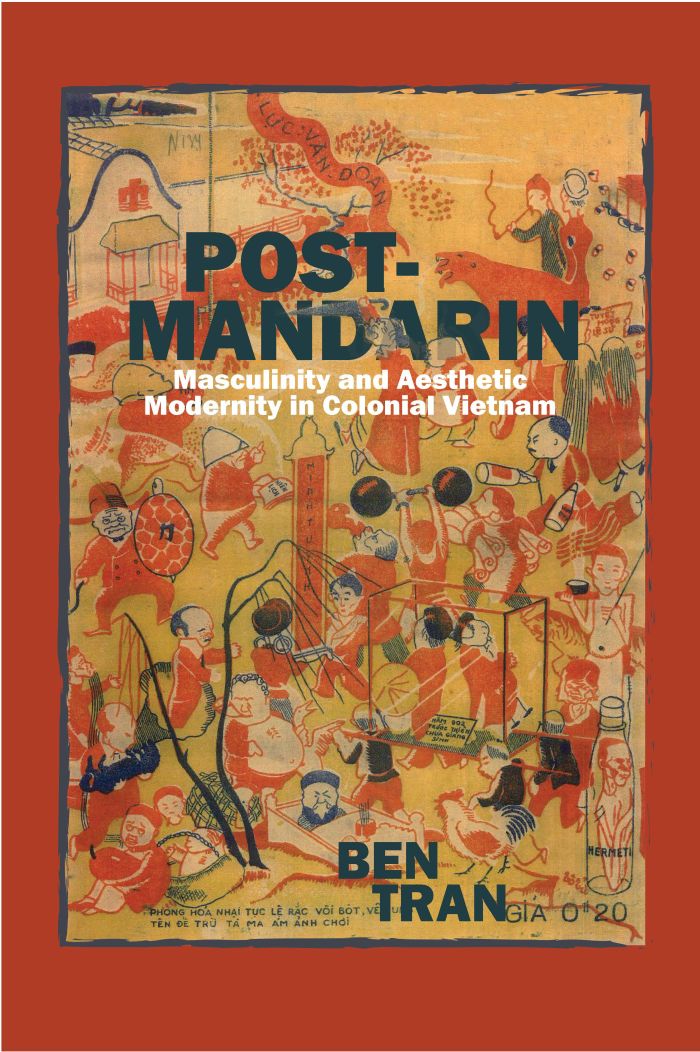Post-Mandarin
Masculinity and Aesthetic Modernity in Colonial Vietnam

This book can be opened with

Post-Mandarin offers an engaging look at a cohort of Vietnamese intellectuals who adopted European fields of knowledge, a new Romanized alphabet, and print media—all of which were foreign and illegible to their fathers. This new generation of intellectuals established Vietnam’s modern anticolonial literature.
The term “post-mandarin” illuminates how Vietnam’s deracinated figures of intellectual authority adapted to a literary field moving away from a male-to-male literary address toward print culture. With this shift, post-mandarin intellectuals increasingly wrote for and about women.
Post-Mandarin illustrates the significance of the inclusion of modern women in the world of letters: a more democratic system of aesthetic and political representation that gave rise to anticolonial nationalism. This conceptualization of the “post-mandarin” promises to have a significant impact on the fields of literary theory, postcolonial studies, East Asian and Southeast Asian studies, and modernist studies.
Post-Mandarin is a rich, rewarding, and ground-breaking study of a key moment in the development of modern Vietnamese literature.——Christopher GoGwilt, Fordham University
“A lucid, well-conceived, and elegantly written monograph that presents a literary history and analysis of the “post-mandarin” aesthetic modernism in colonial Vietnam, rethinking modernity alongside, yet beyond, the customary European model.”——Lisa Lowe, Tufts University

